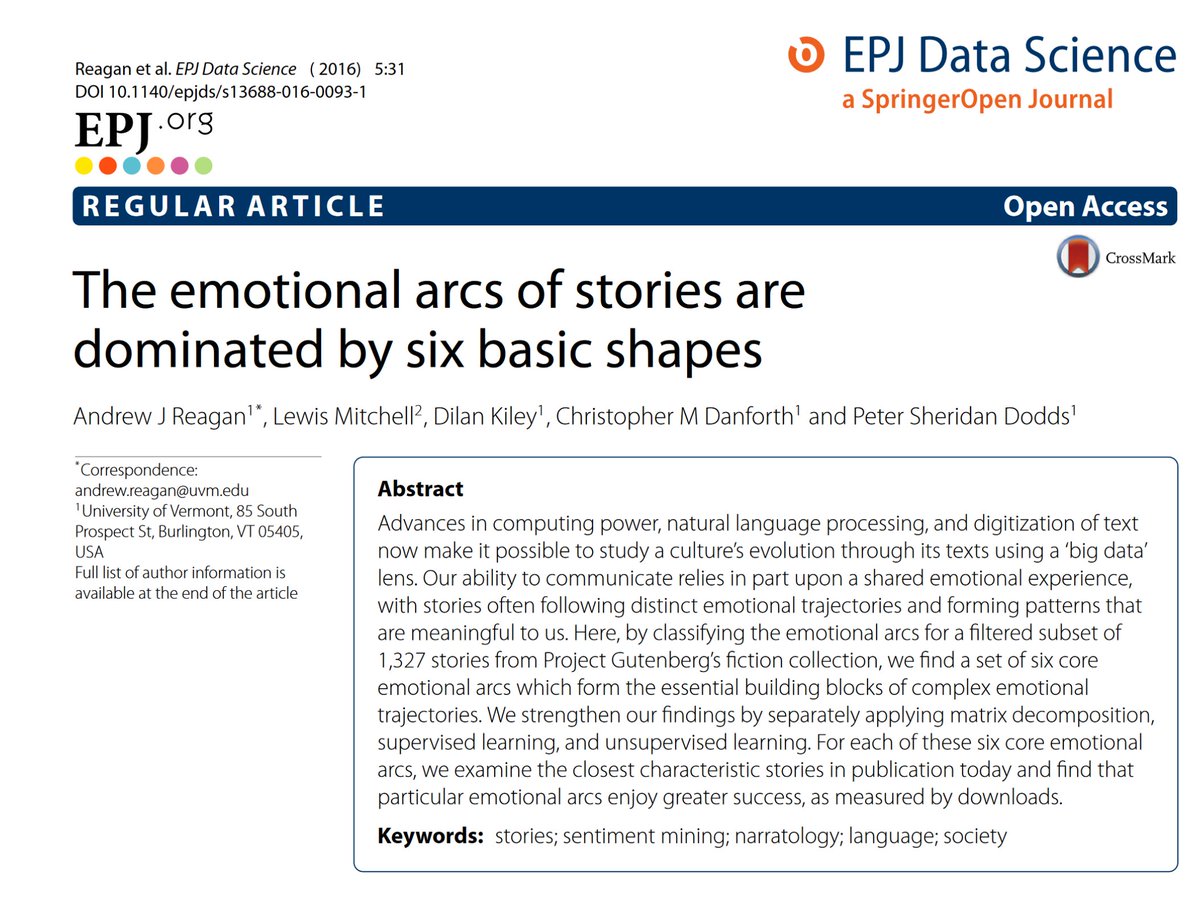
Hsin-Keng Ling 凌心耕
@hsinkengling
cultural + computational approaches to the "market of ideas"
PhD Student @UMSociology. Prev MA @UChicago. BA at @ntu_sociology.
ID: 1151751762597953536
18-07-2019 07:13:13
50 Tweet
89 Followers
239 Following



Sure, go ahead and #DeleteFacebook. But really, we need to delete surveillance capitalism. We do that by demanding lawmakers in DC finally pass real data privacy legislation, eradicating Facebook's business model of harvesting our data & using it to algorithmically manipulate us.








Has the "big data" revolution in social science made qualitative methods obsolete, or had no impact. Neither. It has made them more important than ever. Our new paper in Nature Human Behaviour rdcu.be/cKnts



When people post misinformation and it's tagged as misinfo by a single person, they retreat into echo chambers, but when the post receive a collective tag (e.g., community notes), they are less likely to retreat, finds Junsol Kim @gxin_ling James Evans doi.org/10.48550/arXiv…


🧵 Thrilled to share our new Nature Communications paper on how different approaches to fact-checking affect echo chambers on Twitter/X! With the amazing @junsolk, Zhao Wang, HaohanShi, and Hsin-Keng Ling 凌心耕. When someone gets fact-checked by an individual (via direct replies), they retreat




